In the ever-evolving world of e-commerce, staying ahead means leveraging the best tools available. WordPress, a leading content management system, offers a plethora of plugins to enhance e-commerce websites. As we enter 2024, it’s crucial to identify the top WordPress plugins that can revolutionize online stores. These plugins not only streamline operations but also enhance user experience, making them indispensable for top e-commerce development companies and WordPress development companies. This article delves into the top 10 WordPress plugins for e-commerce websites in 2024, each promising to add unique value to your online business.
In 2024, the e-commerce landscape is more competitive than ever. You need tools that keep you ahead of the curve. That’s why I’ve handpicked the top 10 WordPress plugins for e-commerce websites. Whether you’re a budding online entrepreneur or a seasoned player, these plugins will supercharge your site. Also, if you’re scouting for top e-commerce development companies or top WordPress development companies, these plugins are their go-to choices. E-commerce continues to revolutionize how we shop and sell online. With WordPress powering a significant portion of the web, it’s no surprise that e-commerce plugins are in high demand. This article explores the top 10 WordPress plugins for e-commerce in 2024, ensuring your online store is equipped with the best tools available.
1. 1. WooCommerce

WooCommerce is the big kahuna of WordPress ecommerce plugins. It transforms your site into a fully functional online store. Customizable and user-friendly, it’s ideal for both beginners and pros.
Pros:
# Highly customizable: Endless themes and add-ons.
# Great flexibility: Suits various business sizes and types.
# Strong community support: Extensive resources and help are available.
Cons:
# Can be overwhelming: Too many options for newbies.
# Requires extensions: For advanced features, which may be costly.
2. Easy Digital Downloads (EDD)
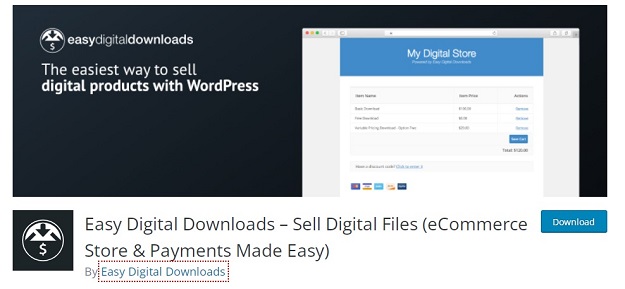
EDD is perfect for selling digital products. It’s streamlined and intuitive, making digital sales a breeze.
Pros:
# Digital-focused: Tailored for digital goods sales.
# Easy to use: User-friendly interface and setup.
# Extensive extensions: Enhance functionality as needed.
Cons:
# Limited for physical products: Not ideal for selling physical goods.
# Add-ons can add up: Costs can grow with extensions.
3. Yoast SEO for WooCommerce
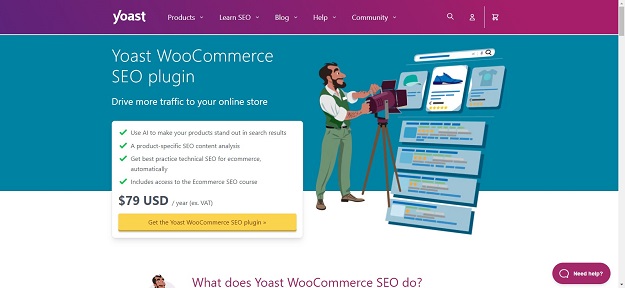
Yoast SEO supercharges your product pages for search engines. It’s a must-have for organic reach.
Pros:
# SEO powerhouse: Optimizes your content for search engines.
# User-friendly: Easy for beginners to grasp.
# Integrated with WooCommerce: Streamlines your SEO efforts.
Cons:
Can be basic for pros: Limited advanced features.
Regular updates needed: To keep up with SEO trends.
4. WPForms
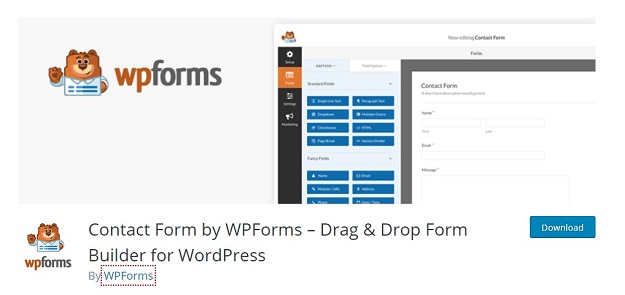
WPForms lets you create custom forms easily. Ideal for customer surveys, contact forms, and more. Checkout some more good contact form plugins here.
Pros:
Drag-and-drop builder: Easy to use with no coding.
Pre-built templates: Saves time and effort.
Responsive design: Works well on all devices.
Cons:
Limited free version: Most features are in the premium version.
Can slow down your site: If fewer forms are used.
5. OptinMonster

OptinMonster is a lead generation plugin. It helps in converting visitors into subscribers and customers.
Pros:
# Powerful targeting: Displays offers based on user behavior.
# A/B testing: Helps in optimizing conversion strategies.
# Integrates with major services: Works well with email services and WooCommerce.
Cons:
# Pricey: Higher cost for premium features.
# Learning curve: It takes time to master all features.
6. TrustPulse
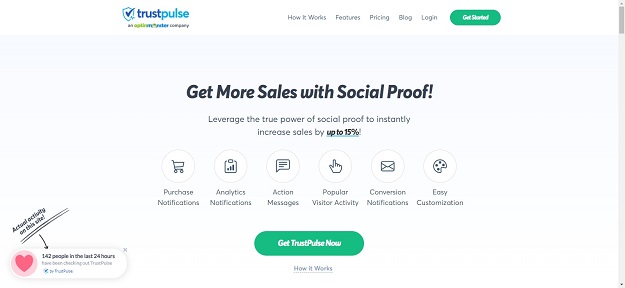
TrustPulse leverages social proof to boost sales. It shows real-time customer activity on your site.
Pros:
# Boosts conversion: Builds trust with prospective customers.
# Real-time tracking: Shows actual user actions.
# Easy to set up: Quick integration with your site.
Cons:
# Limited free plan: Basic features in the free version.
# Can be intrusive: If not configured properly.
7. MonsterInsights
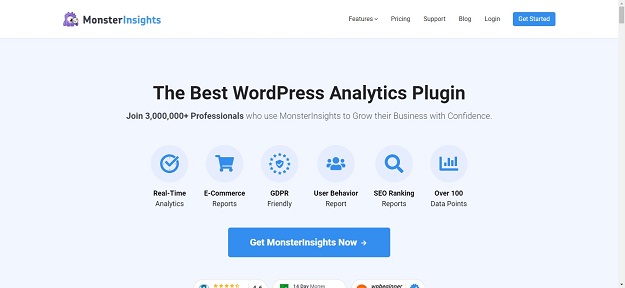
MonsterInsights connects your WordPress site with Google Analytics. It provides insights to make data-driven decisions.
Pros:
# Comprehensive analytics: Tracks e-commerce metrics effectively.
# User-friendly: Easy setup and interpretation of data.
# Real-time stats: Offers immediate insight into site performance.
Cons:
# Price: The premium version can be expensive.
# Overwhelming data: Can be too detailed for beginners.
8. MemberPress

MemberPress lets you build membership sites. It’s ideal for subscription-based products and services.
Pros:
# Full control: Manage subscriptions and memberships easily.
# Integrates with other plugins: Works well with WooCommerce and others.
# Content access rules: Control who sees what content.
Cons:
# Can be pricey: Especially for the premium version.
# Complexity: Might be overkill for simple sites.
9. CSS Hero
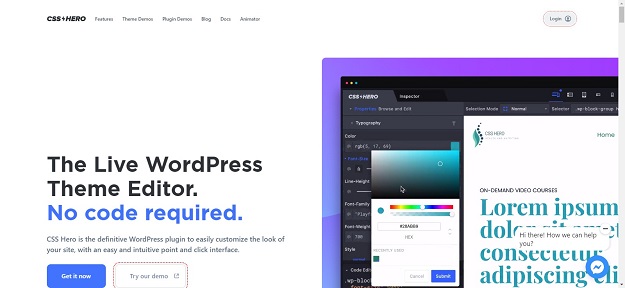
A visually appealing site is a must in e-commerce. CSS Hero lets you customize your site’s design without needing to write code.
Pros:
Live Editing: See changes in real time as you adjust your design.
Compatibility: Works with a range of WordPress themes and plugins.
Undo/Redo Options: Easily revert changes or experiment with new designs.
Cons:
Limited Free Version: The most powerful features are in the premium version.
May Require Basic CSS Knowledge: To get the most out of it, some CSS understanding is beneficial.
10. WP Rocket
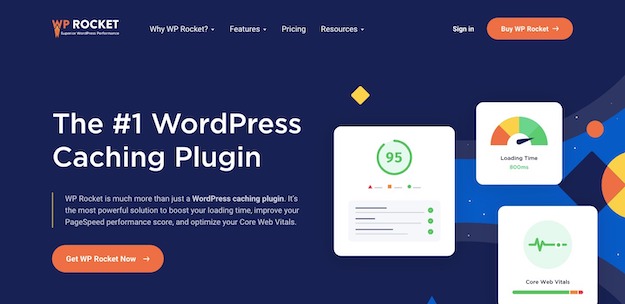
Site speed is crucial for user experience and SEO. WP Rocket enhances your site’s speed with caching and performance optimization.
Pros:
# Ease of Use: Simplifies the complex process of website caching.
# Comprehensive Optimization: Offers various features like lazy loading, minification, and more.
# Compatibility: Works seamlessly with most WordPress themes and plugins.
Cons:
# Cost: No free version is available.
# Settings Can Be Overwhelming: The initial setup might require some tweaking for optimal performance.
Conclusion
As e-commerce continues to evolve, so do the tools that enhance it. The right WordPress plugins can be game-changers for any online store. They streamline operations, improve user experience, and ultimately drive sales. As top e-commerce development companies and top WordPress development companies know, choosing the right plugins in 2024 could be the key to staying ahead in the competitive digital marketplace.
FAQ
Which plugin is best for starting an e-commerce site?
WooCommerce is highly recommended for its versatility and user-friendly interface.
How important is SEO for my e-commerce site?
Extremely important. Plugins like Yoast SEO can significantly improve your site’s visibility and organic traffic.
Can I use these plugins on a non-WordPress platform?
These plugins are specifically designed for WordPress and are not compatible with other platforms.
Do I need coding knowledge to use these plugins?
No. Most of these plugins are designed for users with little to no coding experience.
Are there free versions of these plugins?
Many of these plugins offer free versions with basic functionalities, but premium versions are recommended for full features.

